PL
Archive

How we teach
at the Polish School
Our school is not only a place to learn Polish, but also a
space where students build their cultural identity, develop communication
skills and shape their love for Polish tradition.

Learning in our school is a dynamic process, adapted to the
needs of children and young people growing up outside of Poland. We focus on
modern and effective teaching methods that help students not only speak, read
and write in Polish, but also think in this language and use it freely in
various life situations.
Our school is a place where Polish is not just a subject,
but a living tool of communication, culture and identity. Thanks to the passion
of our teachers and the commitment of our students, we manage to build a bridge
between Poland and the world, giving young people the opportunity to use Polish
freely in every situation.
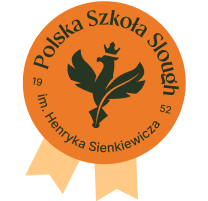
What sets us apart?
Individual approach to the students
– we understand that each student has different needs and pace of learning.
– we use interactive presentations, educational films, language games and e-learning platforms.
Social and cultural integration
– we organise events, competitions, performances and celebrations that bring together the Polish school community.
Building Polish identity and pride in being Polish
- we help students feel part of the Polish community, regardless of where they live
Cooperation
with parents
– we encourage parents to support their children’s learning
at home and actively participate in school life.
Age groups
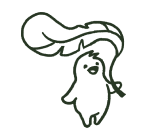
Pre-school and reception
The youngest children learn the language in the most natural
way – through play, actions, singing and interaction. At this stage, it is
crucial to become familiar with the Polish language and gradually build
vocabulary. Learning in this age group is joyful, with a warm atmosphere and
diverse teaching methods.
What is important to us?
Learning through songs and rhymes
– children learn rhymes and simple texts that develop their
memory and ability to recognise the sounds of the Polish language.
Sensory and movement games
– integrating different senses helps children remember words
and phrases better.
Acting and role-playing
– rozwijają kreatywność i umiejętności językowe.
Contact with Polish culture
– children learn about traditions, holidays and customs through interactive activities.
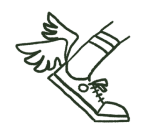
At
this stage, students develop their language skills through systematic learning
of reading, writing, speaking and listening. Learning Polish abroad requires a
special approach - we make sure that students not only master the rules of
grammar, but also feel confident in everyday communication in Polish.
Students
also learn through research, analysing their own mistakes and working in
groups, which allows them to gain a deeper understanding of the language and
its practical application.
What is important to us?
Systematic expansion of vocabulary
– students learn new words and use them in different
contexts.
Linguistic accuracy
– students read both classic children’s literature and
contemporary texts, analysing their content and form.
Developing reading and writing skills
– students read both classic children’s literature and
contemporary texts, analysing their content and form.
Spelling tests and language competitions
– help consolidate the rules of spelling and develop the
ability to formulate thoughts correctly.
Project work
– students prepare presentations and projects on different
topics, learning to think independently and analyse information.
Culture and history of Poland
– elements of history and tradition are woven into lessons
so that students understand their roots and build a strong national identity.

GCSE classes
This
is the stage where learning becomes more focused on preparing for exams and
developing academic skills.
Work
in this age group focuses on improving practical skills and developing the
ability to use the language in a variety of situations – both academic and
everyday.
What is important to us?
Working with literary and applied texts
– students learn to analyse content, understand cultural and historical contexts, and formulate their own opinions.
– develop both linguistic precision and the ability to understand texts in a deeper way.
Exam simulations (role play, photo descriptions,
discussions)
– allow students to feel more confident during the exam.
Developing writing skills
– students learn to create accurate and coherent texts that are required in exams.

Class A Level
At
the highest level of education, students learn a research approach to language
and culture.
At
this stage, students not only improve their language skills, but also prepare
for studies and life in a bilingual environment.
What is important to us?
Working on projects
– students independently choose topics, analyse various sources and present the results of their research.
Discussion and analysis
– students develop argumentation and critical thinking
skills.
– allows for a better understanding of cultural and historical contexts.
Practising academic skills
– students learn to write essays, analyses and reviews in
Polish.
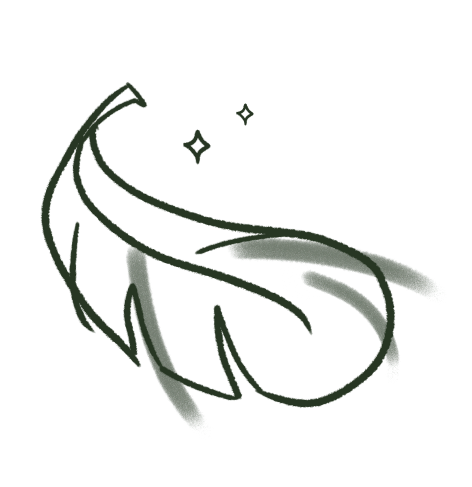
Let’s start out adventure together!
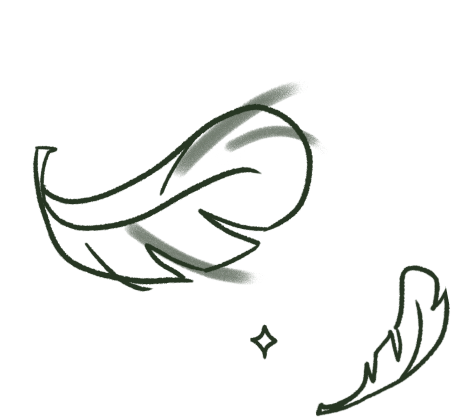
Be part of
the community,
stay up to date!